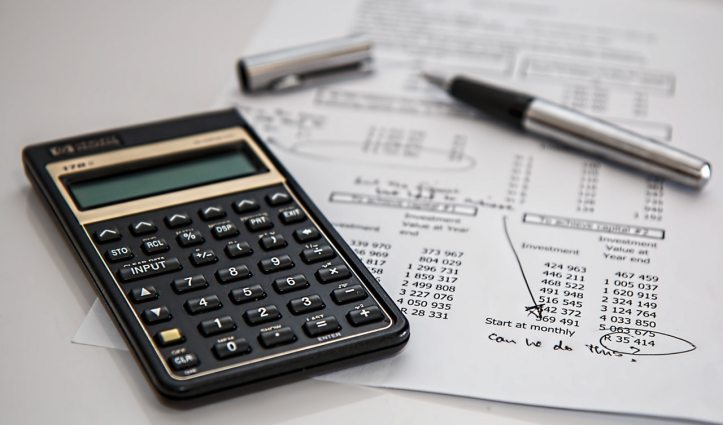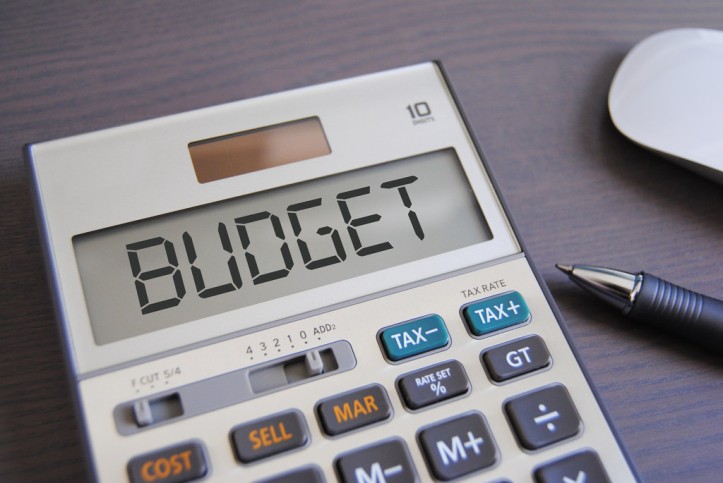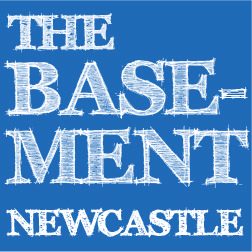Why a Budget?
Establishing a budget helps you get off the treadmill of living from one pay packet or payment to the next. It also enables you to sort out your money priorities and find the right balance between spending and saving.

Preparing a Budget
A free preformatted budget is available on the Australian Securities and Investment Commission (ASIC) website at www.moneysmart.gov.au/managingyourmoney . It is helpful to look at the money going in and out across a whole year. Include regular payments such as your rent or home loan, phone and electricity, car or public transport. Checking your Bank statements, bills, credit card statements, receipts and shopping dockets will help you to work out all your expenses. Add in all the money that you receive or are paid over the time period. This could include your pay from your full time or part time job, any casual work, your pension, Government benefits, child support and money from investments.
Using your Budget
Keep your budget planner somewhere safe. Before you go shopping, check your budget to see how much you can spend and then stick to that amount. If you are trying to save money, look at your budget and find ways to cut back on the extras. Try and budget a specific amount for fun, leisure and personal expenses but don’t make your budget so tight that you won’t be able to stick to it. Redo your budget every 3 to 6 months to make sure it reflects your current income, spending and what you want to achieve. Once you are comfortable with using and sticking to a budget, you can update it less frequently, like once a year. You’ll probably also want to refresh your budget when there are significant changes to your income or expenses, like getting or losing a job, buying or selling a car or house, the extra cost of expanding your family or managing illness.

SURPLUS
If your income totals exceed your expense totals for any given period, it is wise to use these surplus amounts responsibly.
Option 1. open a high interest savings account and put your surplus money in an optimal position for growth.
Option 2. consider investing it in shares or bonds for some short term gain or a long term Bank deposit.
Option 3. invest any surplus money in a superannuation fund, thus providing for your post career life or retirement.
DEFICIT
If your expense totals exceed your income for any given period, review your spending outlays and consider if any of these could be reduced or changed. What could you cut out or cut back? If you are struggling to work out what to change , then visiting a financial counsellor might be the next step. They are free and can provide valuable assistance. The ASIC website www.moneysmart.gov.au has a list of counsellors available in each state. There is also a free National Debt Helpline (Australia: 1800 007 007) open from 9.30 am to 4.30pm.

THREE ESSENTIAL ELEMENTS TO A SUCCESSFUL BUDGET
1.Monthly Needs versus Wants
Needful expenses that include cost of housing, minimum loan repayments, utilities, groceries and other basic needs. Recommended you keep these expenses to less than 50% of your take home pay. As for wants, these comprise part of the budget reserved for finer things in life, things that you could live without such as dining out, new furniture, entertainment, sports, etc. It is ideal to keep these expenses under 30% of your take home pay.
2.Savings Goals
This is aimed at long term goals such as saving for a vacation, buying a new car or house. For each goal you have, pick a date you would like to accomplish that goal and divide that dollar amount by the number of months until that date to determine a monthly amount. Making extra repayments on a housing loan reduces the amount of interest paid over the term of the loan. This can be classed as a savings goal in relation to your budget. You should also be setting aside a portion of your budget for retirement savings. A financial planner can help you determine how much you need to save to achieve your retirement goals.
3.Track your expenses
Budgeting includes regularly tracking your expenses and updating your budget as income and expenses change. There are many on line tools that can assist you in expense tracking.
By John.

